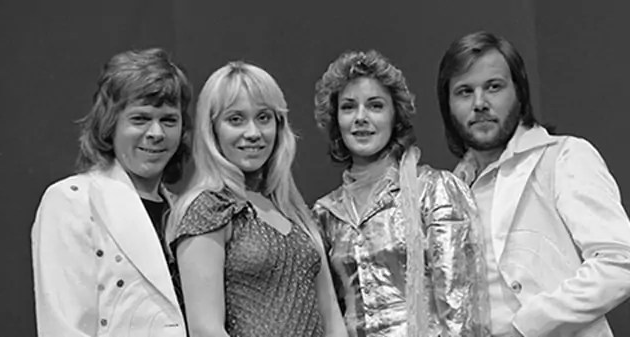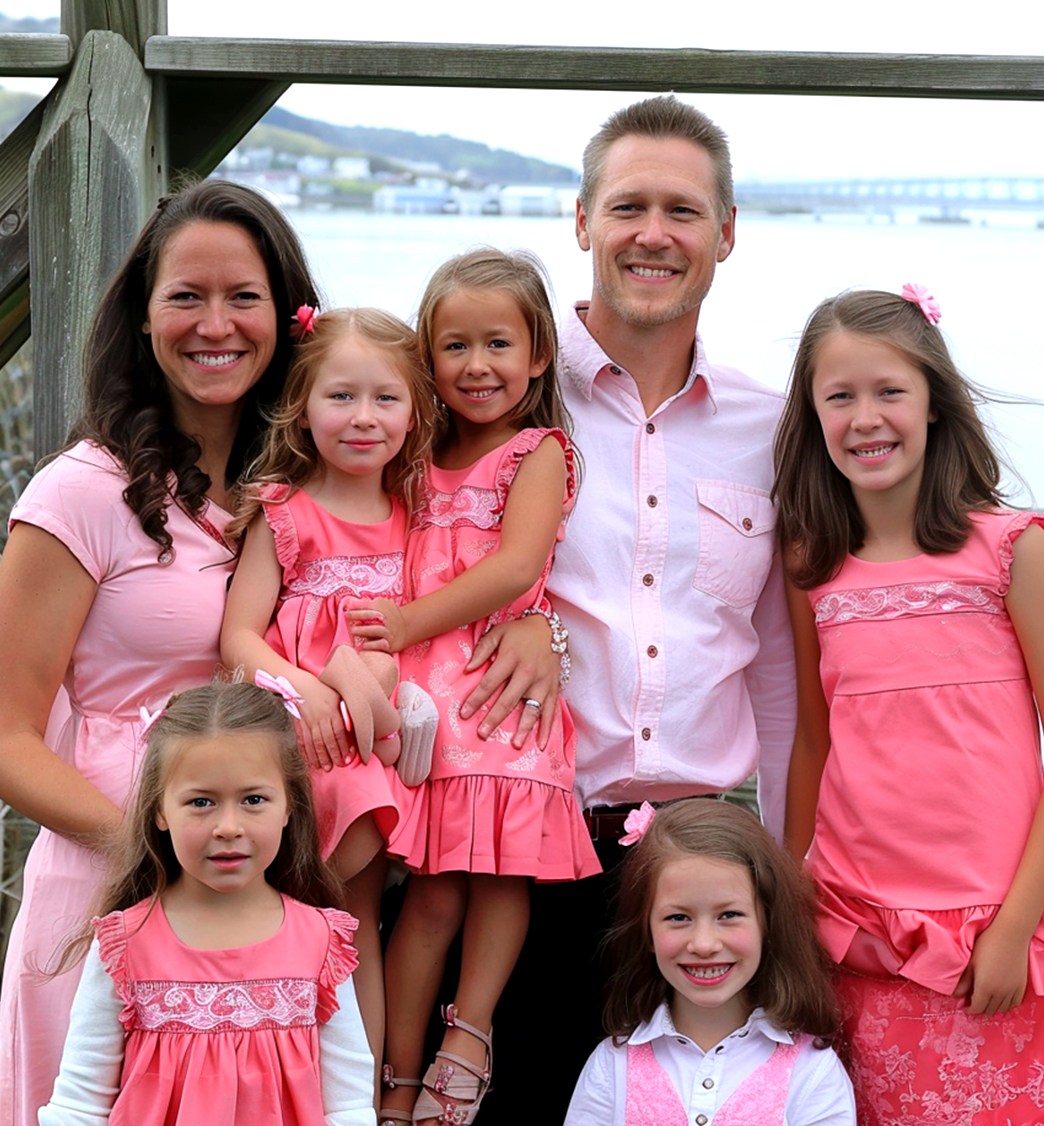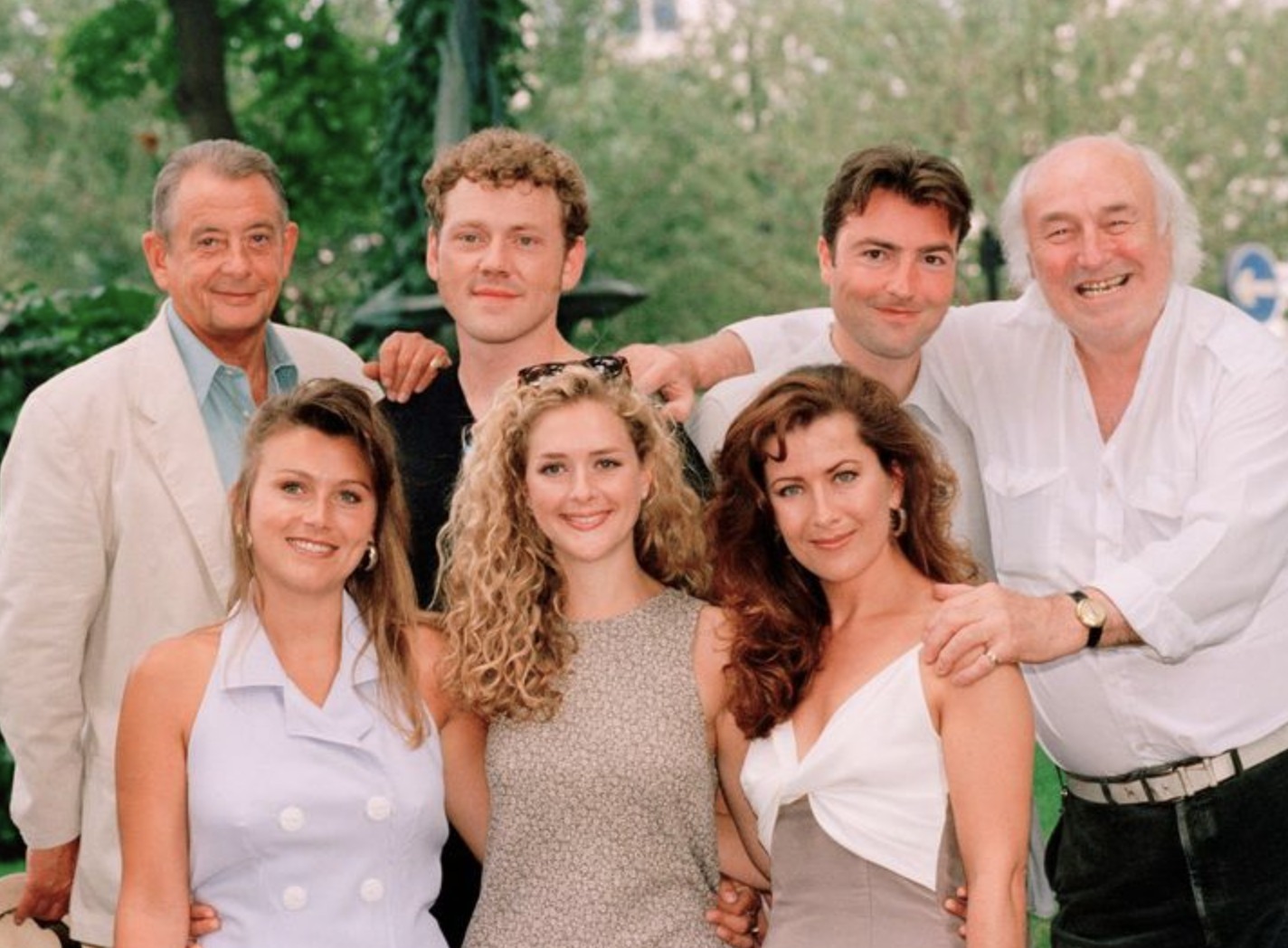ABBA, the Swedish sensation that conquered the hearts of millions, remains an enduring musical legacy. At the forefront of this iconic band was Agnetha Faltskog, whose ethereal voice and enigmatic persona contributed to ABBA’s global success. Even as the years have rolled by, Agnetha continues to be a remarkable figure, choosing a life of relative seclusion in Sweden yet maintaining her musical pursuits, a testament to her enduring passion and talent.
Born on April 5, 1950, in Jönköping, Sweden, Agnetha’s journey into the world of music began at a young age. Influenced by artists like Tom Jones, Petula Clark, and Dusty Springfield, her early forays into music included writing a song at the tender age of five and formal piano instruction by the age of eight. She sang in the local church choir and eventually formed a band called The Cambers at just 13.
Agnetha’s path took a new direction when she joined the Swedish folk band Bernt Enghardt, touring the country and performing Swedish dance music. Fate played its part when she replaced a vocalist named Agneta, a serendipitous moment that set her on a trajectory toward ABBA.

Bjorn Ulvaeus, one half of the songwriting duo with Benny Andersson, discovered Agnetha when her debut solo hit, “Jag var s kär” (I Was So In Love), topped the Swedish sales chart in 1968. Impressed by her extraordinary voice and songwriting skills, Bjorn and Benny’s collaboration with Agnetha marked the beginning of ABBA’s formation.
ABBA’s journey was not without its challenges, particularly for Agnetha. The success of “Ring, Ring” in the 1973 Melodifestivalen set the stage for their triumph at the Eurovision Song Contest in 1974 with “Waterloo.” While the accolades poured in, Agnetha faced the complexities of balancing a burgeoning music career with family life. Her marriage to Bjorn Ulvaeus and the birth of their daughter, Linda, coincided with the band’s rise to international fame.
The relentless touring and global frenzy presented Agnetha with tough choices. The strain on her family life prompted contemplation of leaving ABBA, but a compromise was reached – equal time at home as on tour. The sacrifices were immense, yet ABBA continued to deliver chart-topping hits like “SOS,” “Mamma Mia,” and “Dancing Queen.”
Amidst the success, personal challenges unfolded, and Agnetha’s divorce from Bjorn inspired hits like “The Winner Takes It All.” The dissolution of ABBA in 1982 led Agnetha down a solo path, marked by successful albums like “Wrap Your Arms Around Me.” However, she gradually retreated from the public eye, seeking solace in her island retreat off Stockholm.

Agnetha’s self-imposed isolation fueled speculation and misconceptions about her mysterious persona, a perception she dispelled in interviews. She emphasized her grounded life surrounded by family, including her three grandchildren, and the tranquility of her rural home.
The years have not diminished Agnetha’s passion for music. Her solo endeavors, including the release of a CD in 2013, showcase a continued commitment to her craft. With the anticipation of ABBA’s reunion and new music, the world may once again be captivated by Agnetha Faltskog’s enchanting voice, a reminder of the enduring allure of one of the world’s greatest musical talents.










